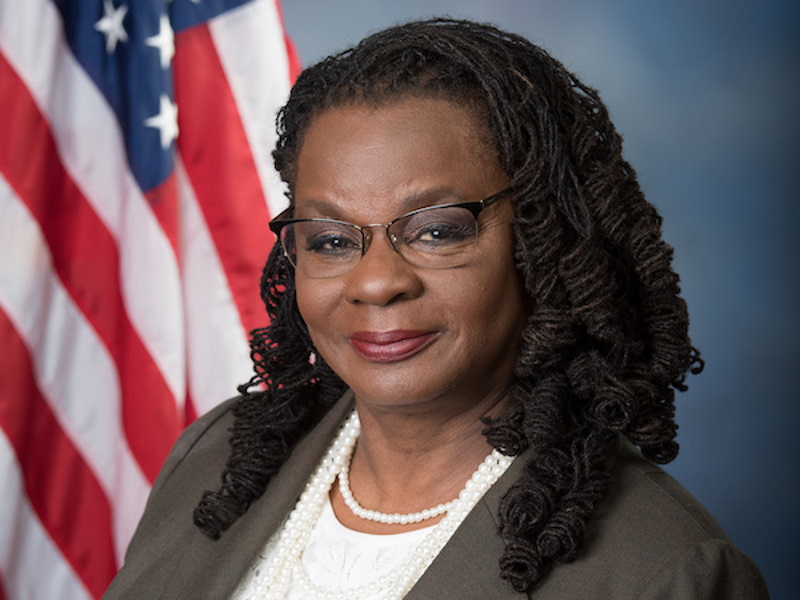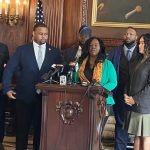Congresswoman Gwen Moore Supports Passage of Critical Child Welfare Legislative Package
Today, Congresswoman Gwen Moore voted in support of H.R. 9076, bipartisan legislation reauthorizing federal funding for child welfare related services and programs, which aim to reduce barriers to help children in foster care return home, prevent abuse and neglect, and help stabilize families. The bill also includes a provision I helped author addressing issues that tribes and some states have faced in intercepting federal tax refunds as part of their child support enforcement efforts.
This bill will only increase funding for programs but take steps to strengthen efforts to support family preservation and kinship care, and help families impacted by substance misuse, among other changes. Additionally, this legislation would increase support for recruiting and retaining caseworkers, whose caseloads are overburdened and who experience high job turnover. Increasing the number caseworkers will help them give more attention to their individual cases, improving how the child welfare system serves vulnerable children and families. This legislation also includes changes to help facilitate strong relationships between incarcerated parents and their children in foster care.
As a member of the Ways and Means Committee and a co-chair of the Congressional Caucus on Foster Youth, I am proud that this legislation includes my proposal, which would allow existing funds to be used help struggling families meet their basic needs, so families aren’t separated solely because of poverty. That proposal, which was put forward with support of Ways and Means Chairman Jason Smith, also requires for the first time, that child welfare agencies highlight policies and training they have in place to ensure that children are not separated from their families solely because of poverty. This is an issue I have long championed and is critical to reducing racial biases and inequities in the child welfare system that have resulted in the disproportionate involvement of children and families of color.
This bill also includes a provision I championed ensuring that the voices of those most affected by this system, including children with lived experience and community-based organizations, are involved and engaged in state planning efforts. This legislation also includes my measure to strengthen the ability of tribal governments and state and local governments to enforce nonpayment of child support. Child Support is a critical source of payments for families and children, providing significant income for vulnerable families.
“I was proud to lead a bipartisan delegation of governors this summer to urge Congress to pass the Strengthening State and Tribal Child Support Enforcement Act because without a legislative fix, thousands of Wisconsin kids and families—many of them already below the federal poverty line—are at risk of missing support payments they so critically need,” said Governor Evers. “This bill will make important changes to strengthen our child welfare system and ensure that every kid and family gets the support they need without disruptions, and I am grateful to the bipartisan group of leaders getting this done.
H.R. 9076 includes:
- An increase in mandatory (non-appropriated) funding for the MaryLee Allen Promoting Safe and Stable Families program (PSSF) for the first time since 2006, raising it from $345 million per year to $420 million per year. Most of the new funding would increase the annual grants states receive for services that stabilize families to prevent foster care entry, address challenges so that children in foster care can return home, live permanently with family members, or be adopted, and support children and their families after they leave foster care.
- The bill increases funding provided directly to Indian tribes for child welfare services, guaranteeing them 3 percent of overall IV-B funding, reducing administrative burden for tribes.
- The legislation secures a $6 million increase in annual funding to support child welfare caseworkers.
- The legislation provides up to $34 million (authorized) for demonstration grants to support meaningful relationships between children in foster care and their incarcerated parents.
NOTE: This press release was submitted to Urban Milwaukee and was not written by an Urban Milwaukee writer. While it is believed to be reliable, Urban Milwaukee does not guarantee its accuracy or completeness.





















